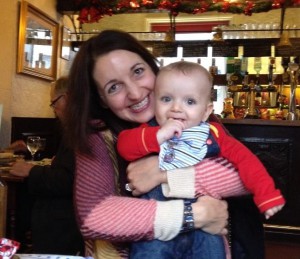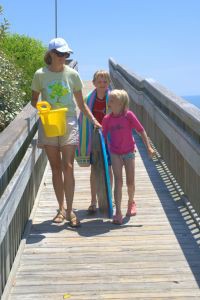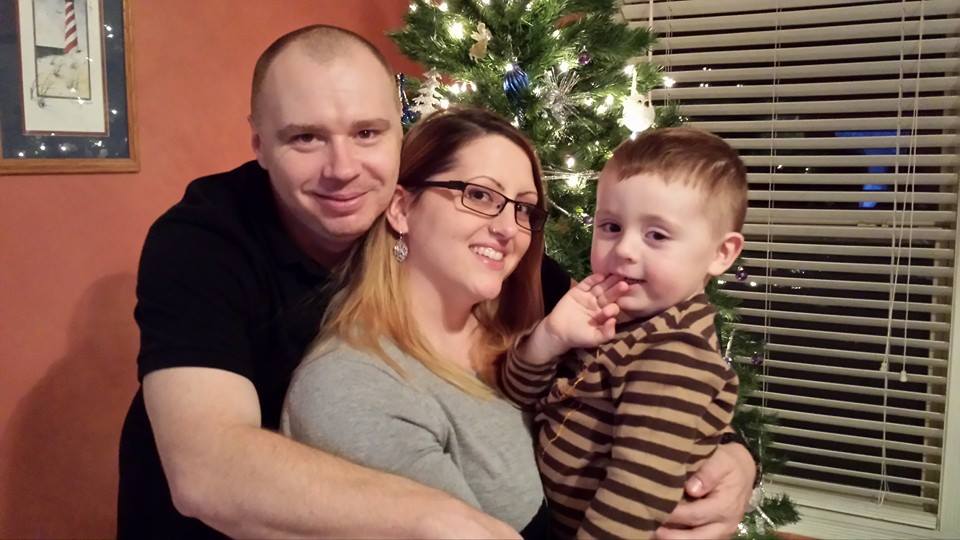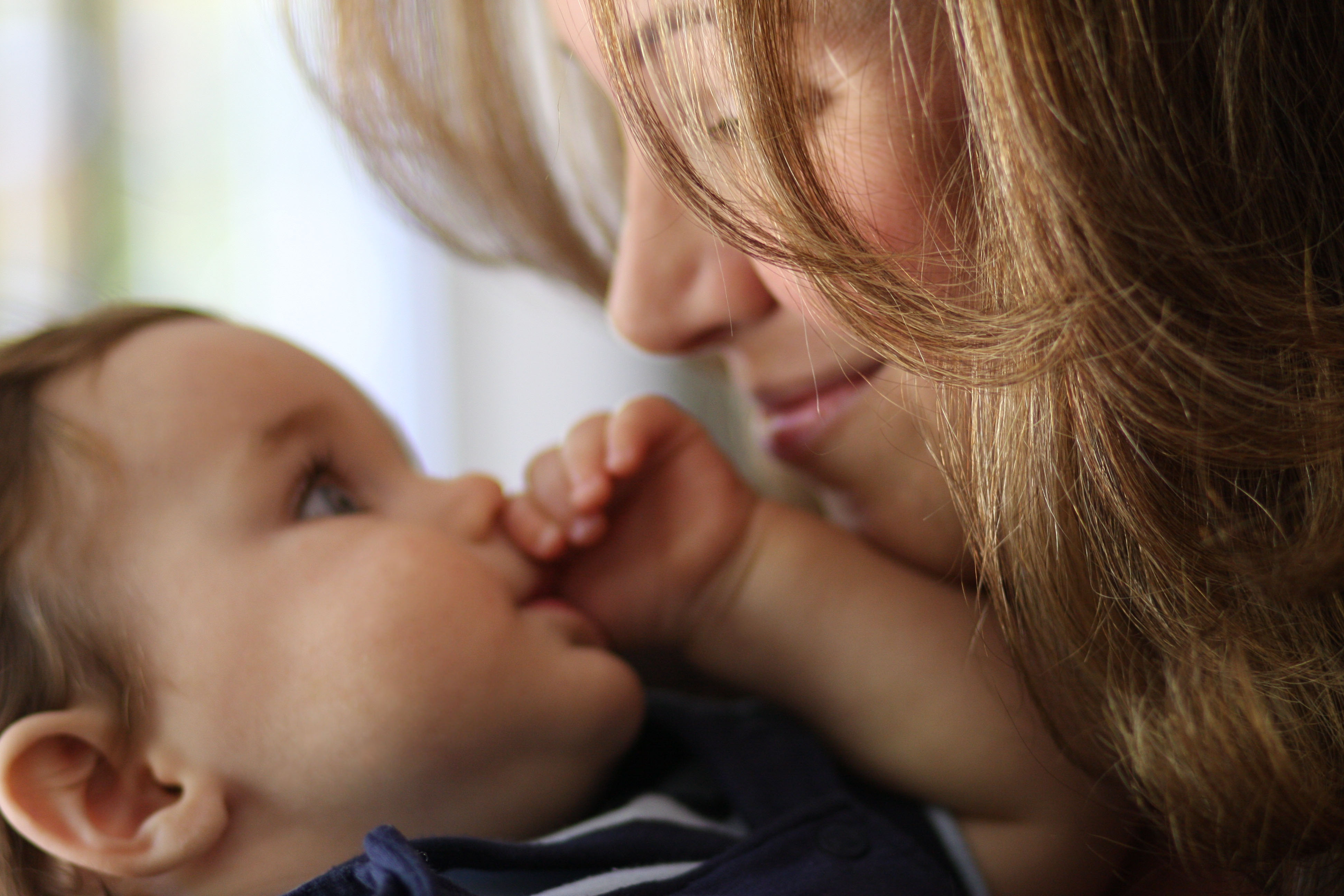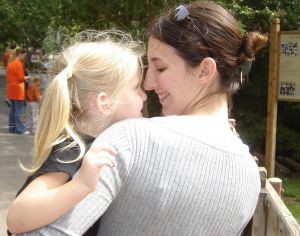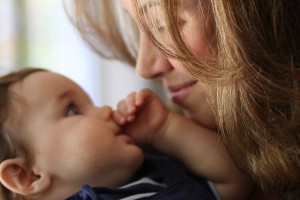 The Friday just before Mother’s Day, I was going about my daily business and realized I hadn’t looked at my phone for awhile. As I went to grab it, I saw a screen filled with missed calls and text messages. I scanned it for any pertinent information, and my heart dropped as I saw the words: Your Mom is in the Emergency Room. Please call.
The Friday just before Mother’s Day, I was going about my daily business and realized I hadn’t looked at my phone for awhile. As I went to grab it, I saw a screen filled with missed calls and text messages. I scanned it for any pertinent information, and my heart dropped as I saw the words: Your Mom is in the Emergency Room. Please call.
Editor’s note: As part of Attachment Parenting International‘s celebration of Mother’s Day, APtly Said published a special “Inspired Mothers” series May 11-17. Sandy was so excited to join in the project when she had a family emergency, as she explains in her post today. API is grateful for her belated contribution, and we hope you find it inspiring, too.
In that moment, every memory of my mom shuffled through my brain — everything she ever sacrificed for us, everything she never experienced, everything she justified living without to be our mom. In that moment, I realized once again how powerful and important the role of a Mother is in each of our lives.
My heart expands each day as I look around and witness the miraculous power of men and women raising little human beings. I consciously breathe in the significance of each person I pass by. I observe the Mothers, the Fathers, the Children.
I feel tenderness and empathy as I contemplate each of you. I thoughtfully consider the whole family cycle and everything in between: the extraordinary, undeniable love that either existed as we were created, or did not…the feelings each person had in making the decision to create another life or living with the fact that the decision wasn’t yours.
We are each the product of a mother and a father. We were born. We may be raised by a mother and a father, a mother and a mother, or a father and a father. However we came to be, however we were brought up and nurtured, we are here.
The process of conception to birth is unlike any miracle I’ve ever witnessed or experienced. Although we may not quite comprehend the marvel that a precious life is growing within our bodies, everything changes the moment we first see the eyes of our child. Everything changed for me. In that moment, I knew my purpose was much bigger than what I had ever known it to be. I knew this new role I was being given would fulfill me in ways no one could have prepared me for.
As I walk around and continue to ponder your depth — your soul — I question if you ever lost a life growing inside of you, at birth, soon after or ever. I am crying as I write this, because I have dear friends in my life who have. I cannot write about the beautiful, precious gift of motherhood and exclude the dear, courageous women who have lost a child. I know there are no words I can offer. I can only tell you that I’m sorry. I am so, so sorry. I truly embrace and cherish each and every moment I am given, and I know you do, too.
Although I may be emotionally and intellectually aware of how invaluable these moments are, this doesn’t mean I don’t question if I am doing all I can to live my true happiness, my true purpose. I am trying to find my way each day. I feel everything. I let the joy, the pain, the fear, the love, all of it, become a part of me…and I allow it to guide me as I continue to take each new step forward.
Within it all, we find ourselves. We lose ourselves. We grow. We change. We live. We love. We know the answers, yet we question so much. We want to do our best, be our best. We don’t want to make the same mistakes others did before us.
My mom is much better today. The emergency thankfully has passed. She has endured more than I can explain, and she is still here. As I spend time in hospitals and share my love with those who continue to suffer, I will continue to treasure every moment I have with her…with the ones I love deeply…with myself. Many lose the battle. Many are given more time. This is our time. I know this, and I want to live it.
I know loss. I know you do, too. My heart and love are with you. May the things that have caused us pain give us strength. This is my wish for each of us.
Wishing you a belated and Happy Mother’s Day, every day.

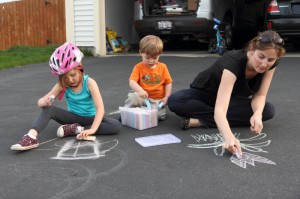 Help us tell your story! Describe what Attachment Parenting (AP) looks like in your home through this landmark, definitional survey designed to provide ground-breaking insights about AP families.
Help us tell your story! Describe what Attachment Parenting (AP) looks like in your home through this landmark, definitional survey designed to provide ground-breaking insights about AP families.
